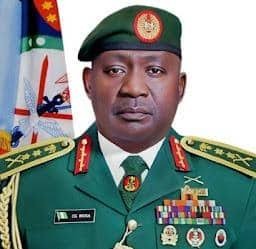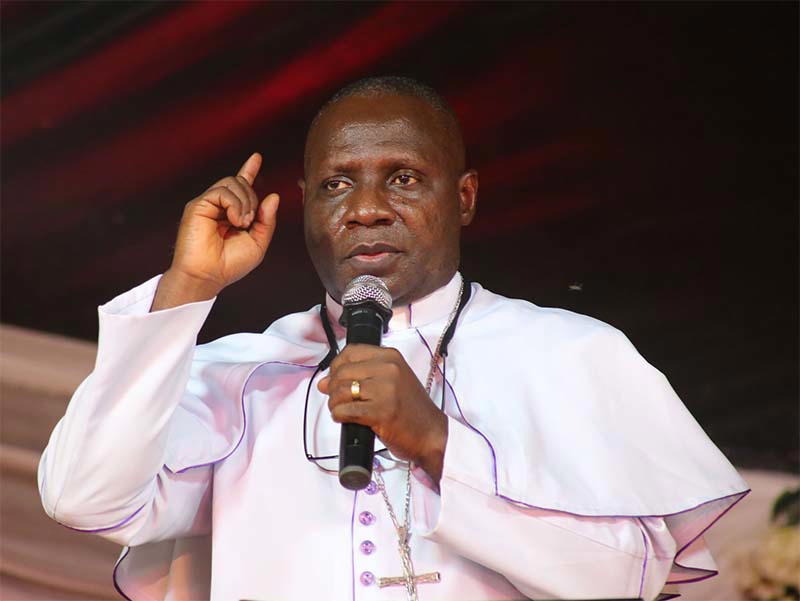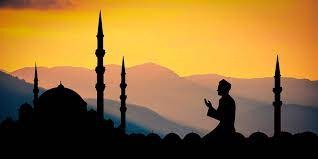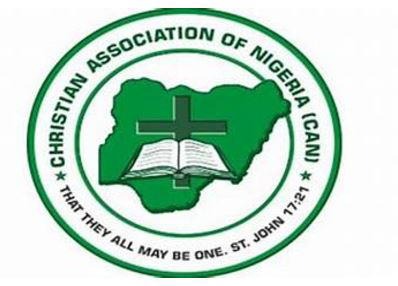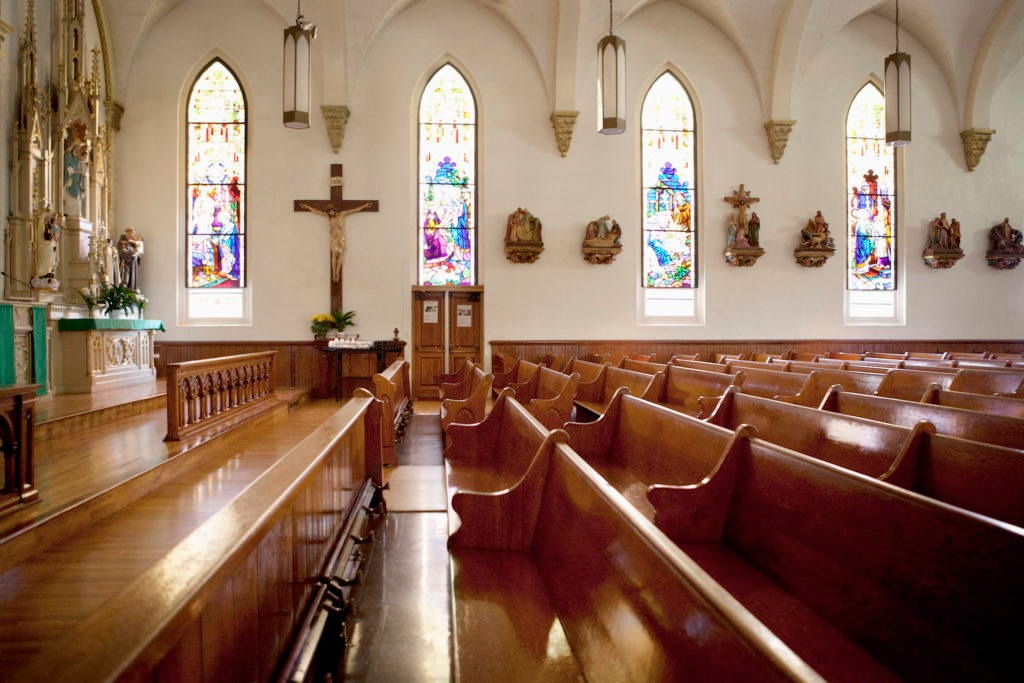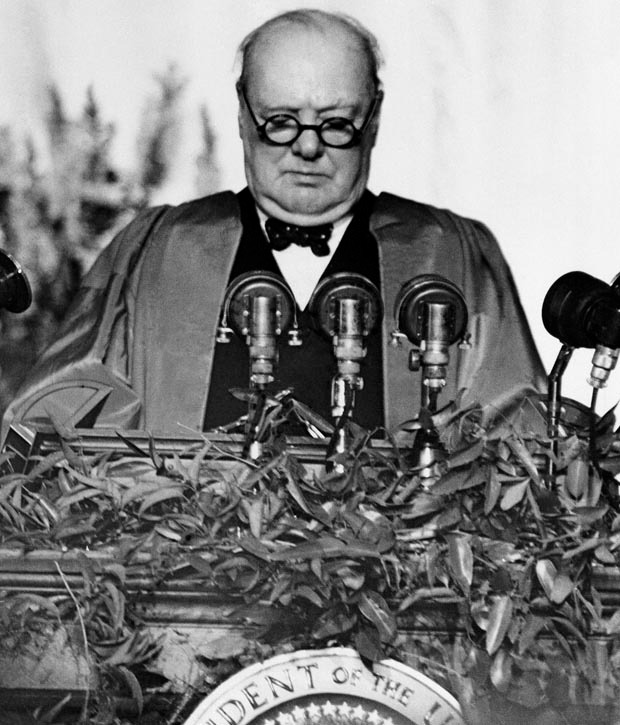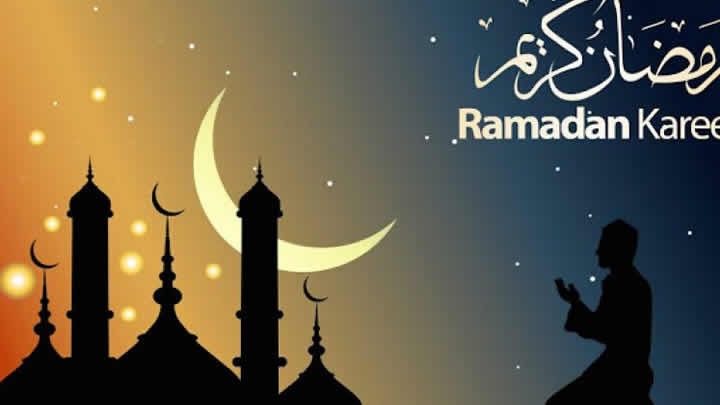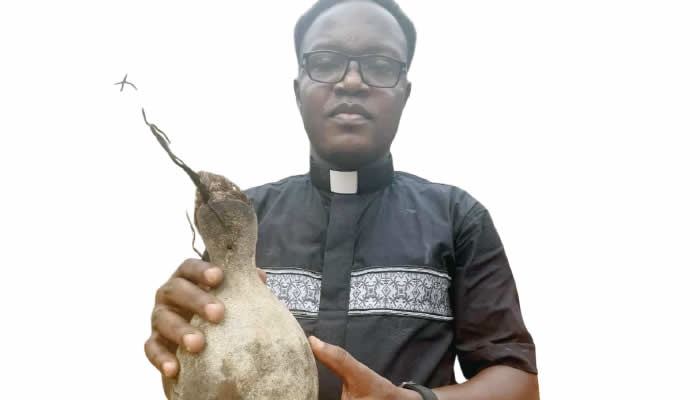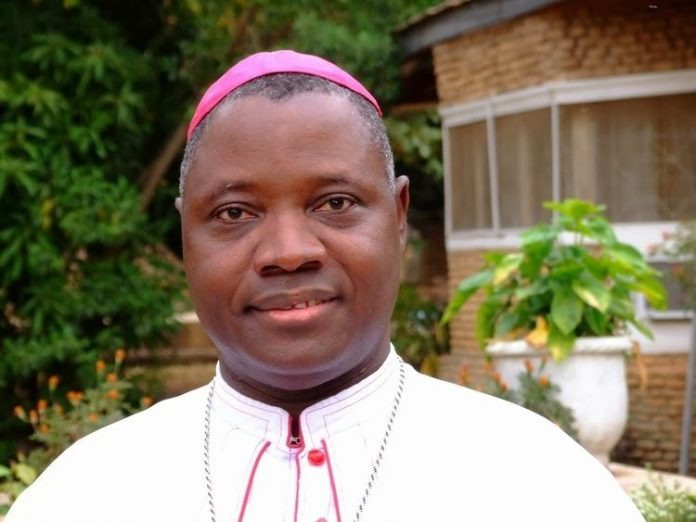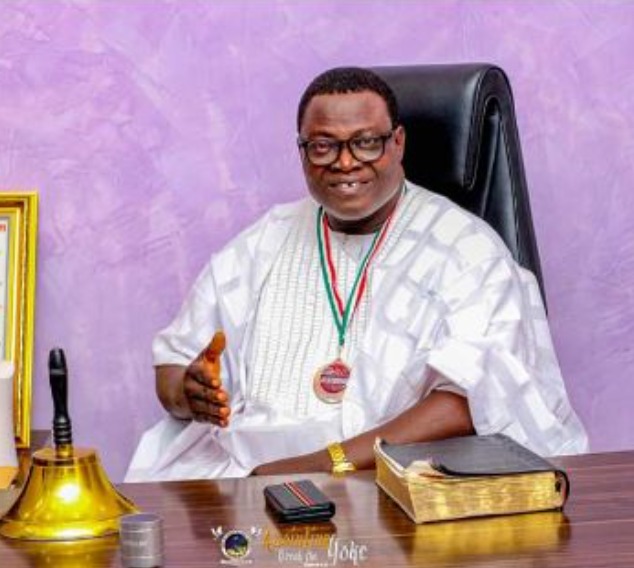The Chief of Defence Staff, General Christopher Musa, has called for unity among Nigerians, irrespective of their religious affiliations, urging citizens to remain united, work together, and foster love for one another in order to ensure the country’s security, growth and progress. He made the call at the Defence Headquarters in Abuja on Thursday night …
